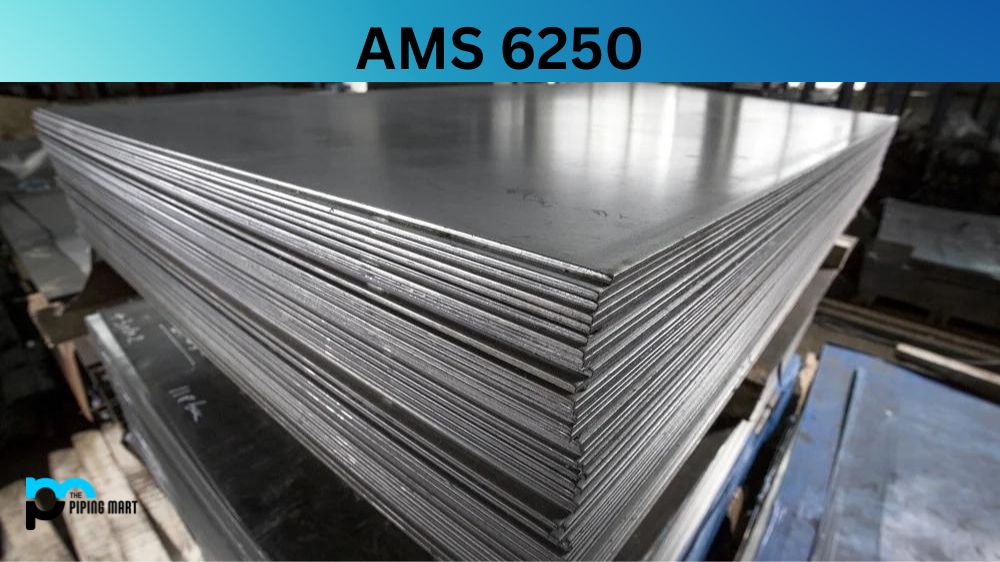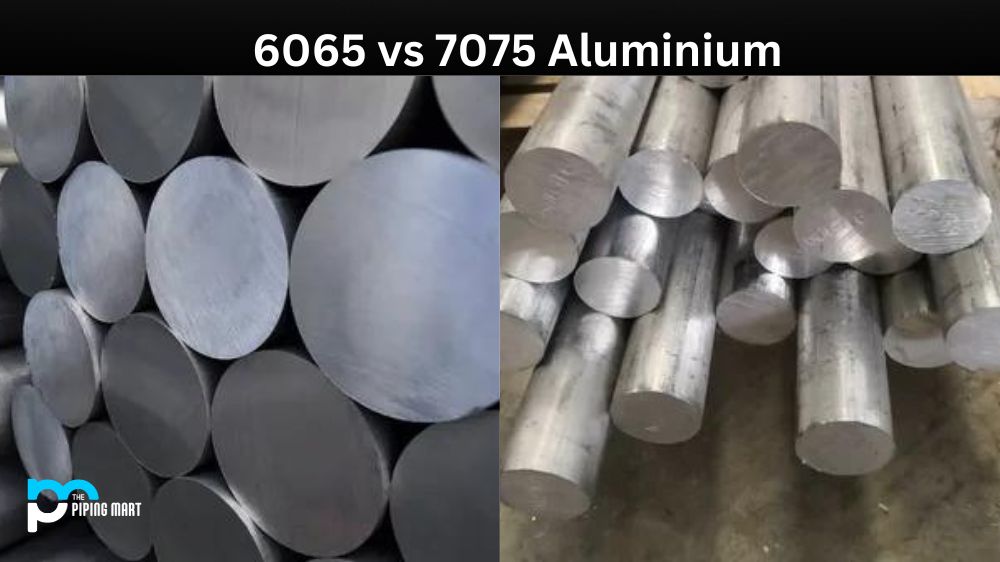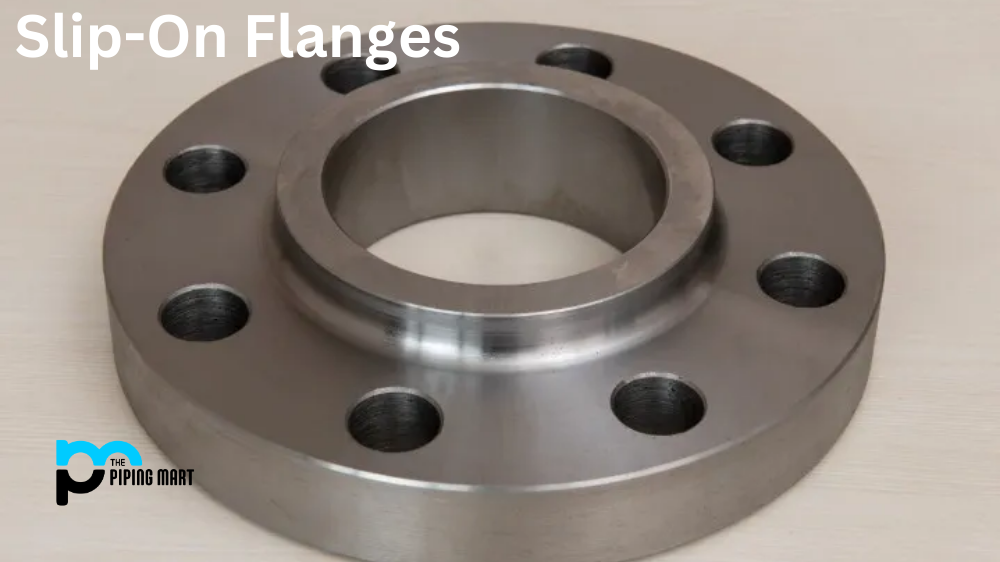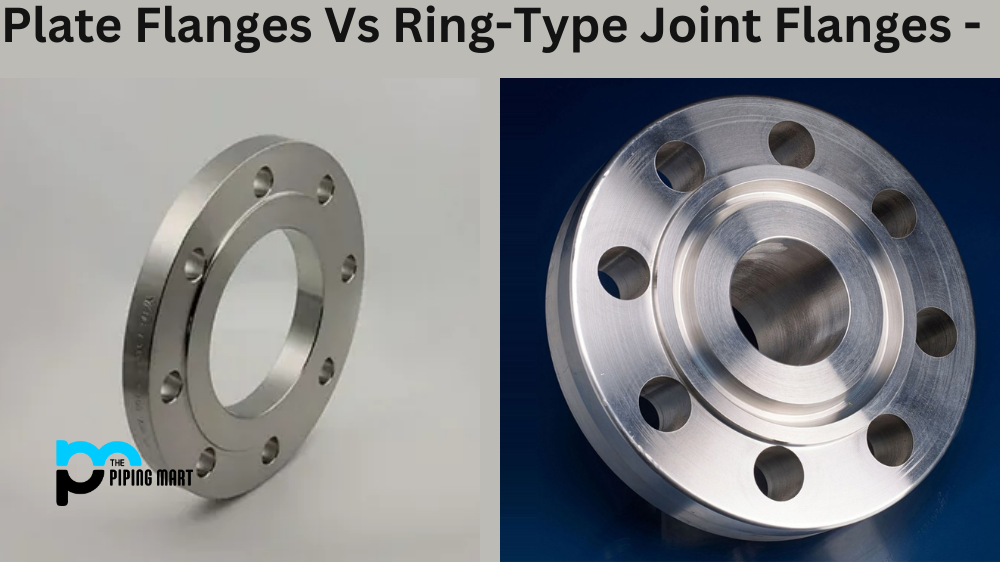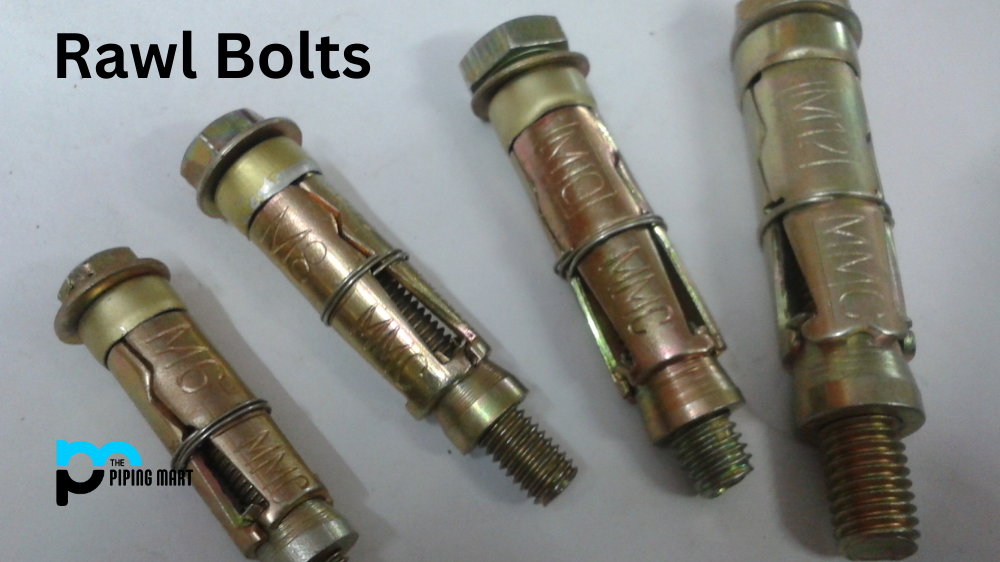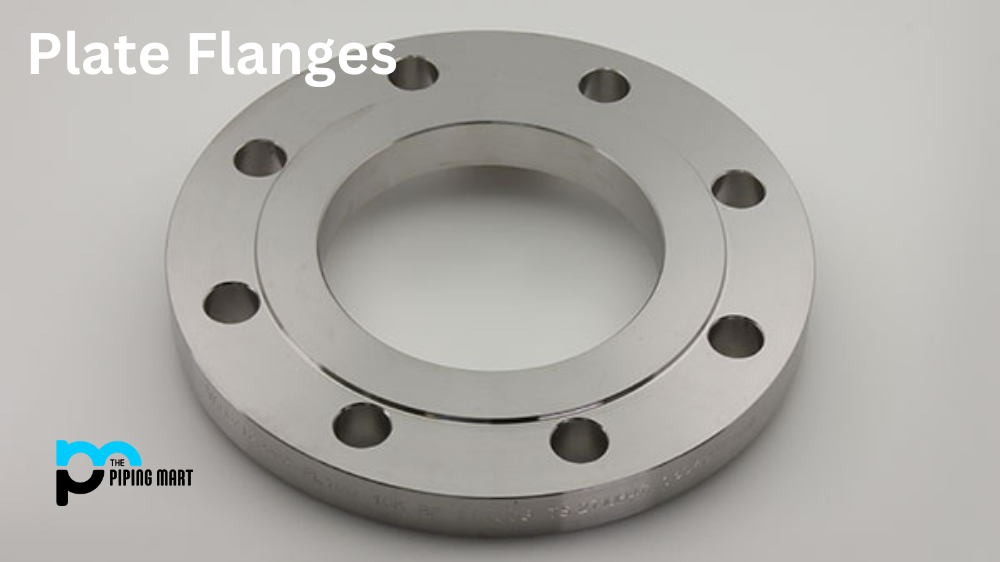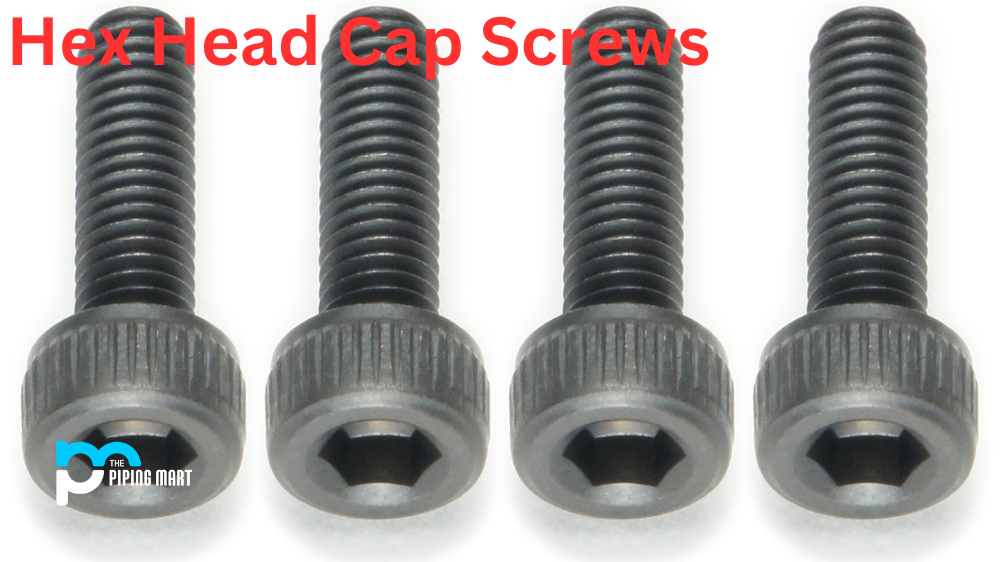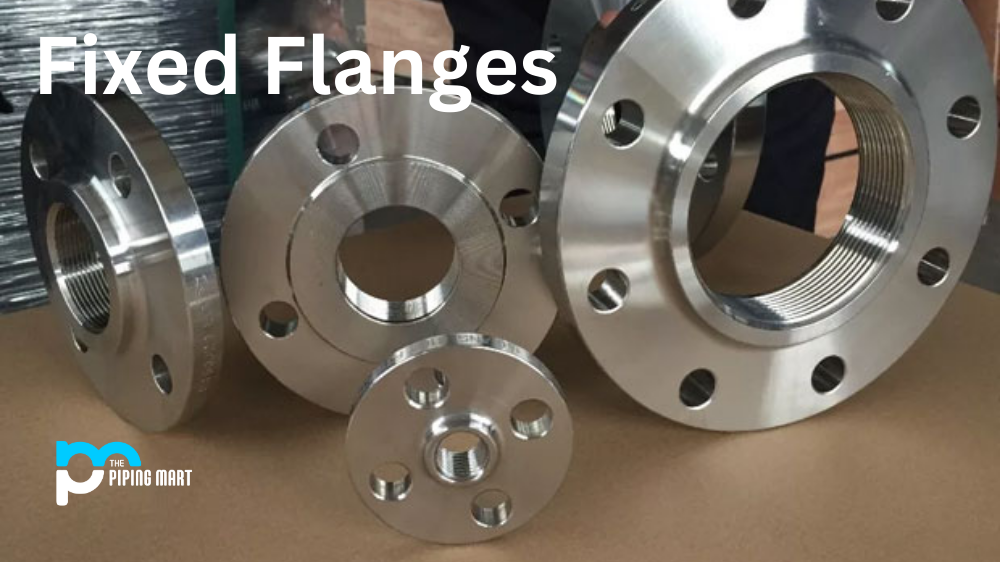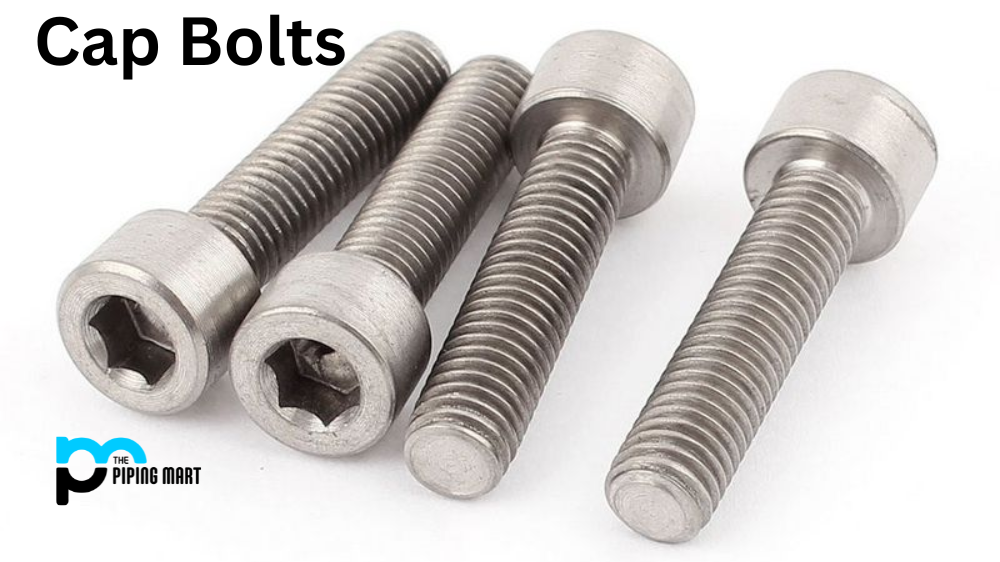Abrasion Resistant
Alloy Steel
Aluminium
Aluminium Bronze
Ballistic Steel
Beryllium Copper
Brass
Carbon Steel
Copper
Copper Nickel
Corrosion Resistant
Duplex Steel
Galvanised Iron
Hastelloy
Haynes
High Speed Steel
High Tensile Steel
Incoloy
Inconel
Invar
Jethete Steel
Low Temperature Carbon Steel
Manganese Bronze
Manganese Steel
Maraging Steel
Mild Steel
Monel
Nickel Alloy
Nilo Alloy
Nimonic
Niobium
Nitinol
Nitronic
Permalloy
Phosphorous Bronze
Rene 41
Ship Building Steel
Silicon Bronze
Stainless Steel
Structural Steel
Super Duplex Steel
Tantalum
Titanium
Tool and Die Steel
Tungsten
Waspalloy
Zirconium






























-1721274919524.webp)
-1721274939060.webp)
-1721275321775.webp)
-1721275014457.webp)
-1721275030617.webp)


















